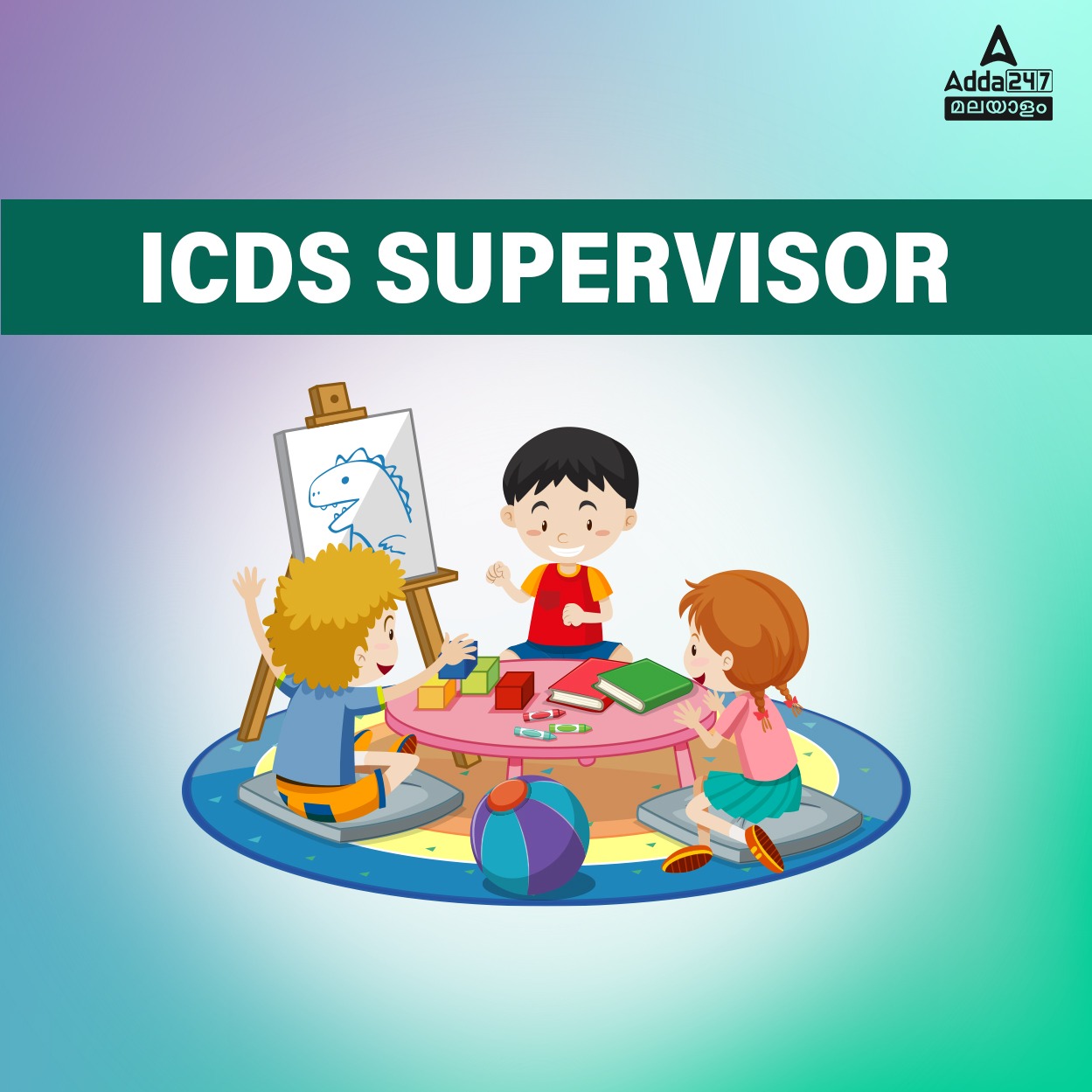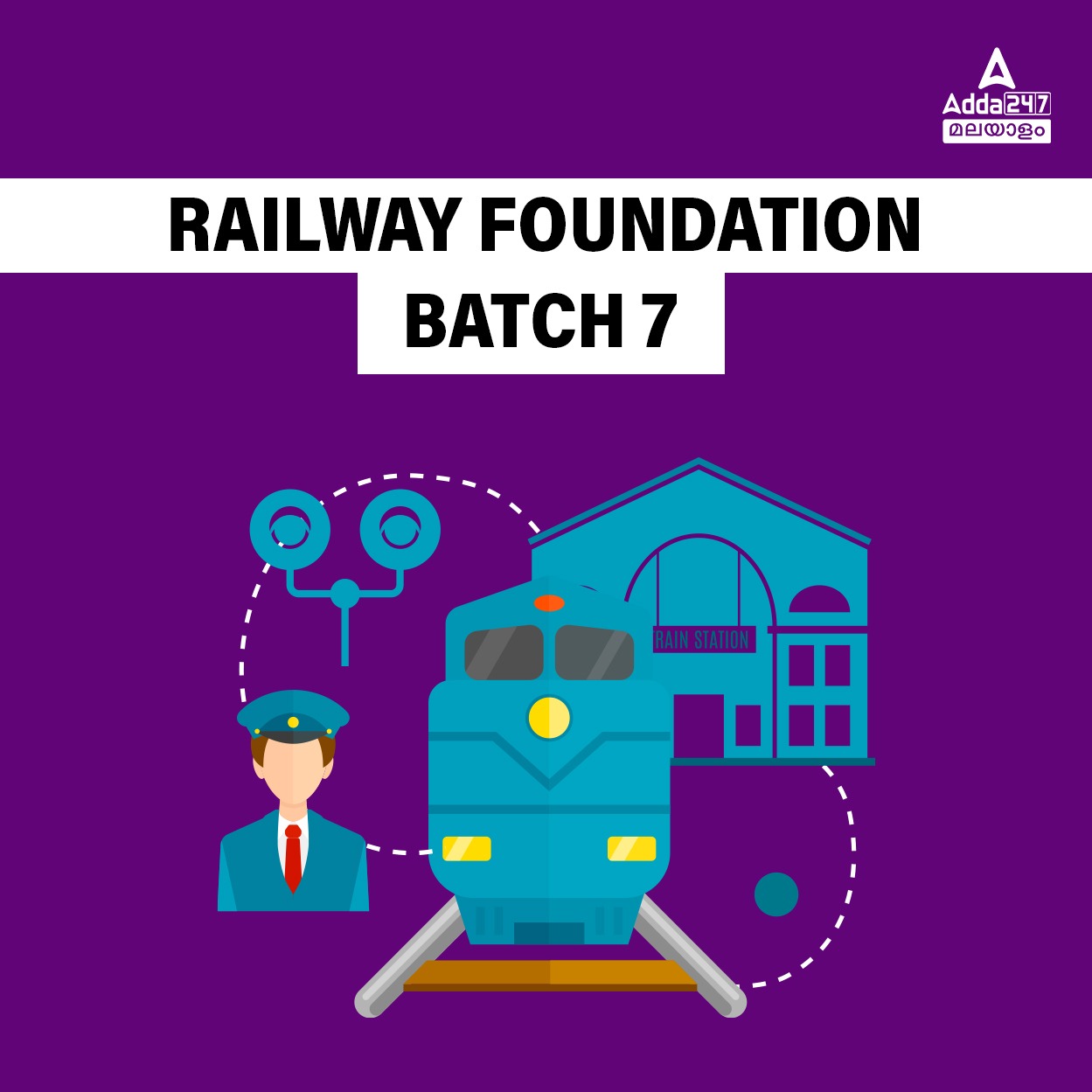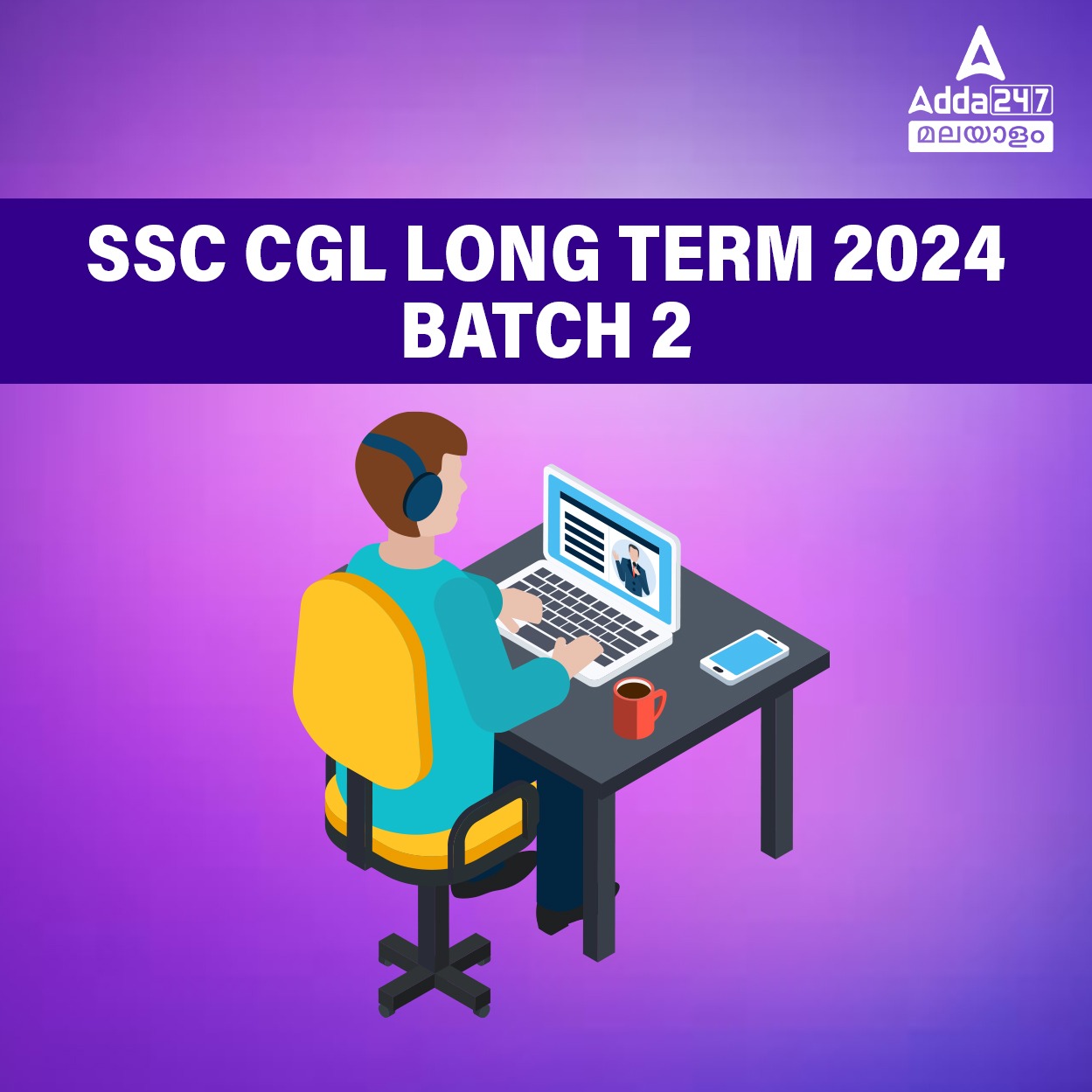Table of Contents
Kerala PSC Lecturer in Commerce Syllabus: Kerala Public Service Commission has published Lecturer in Commerce Polytechnic PSC Syllabus. If you have applied for the post of Lecturer in Commerce and would like to know the detailed syllabus, then your search ends right here. In this article we will provide the detailed syllabus of the upcoming Polytechnic Lecturer in Commerce Exam 2023. In order to crack the exam, one needs to have a clear understanding of the syllabus, therefore read through Kerala PSC Lecturer in Commerce technical education Syllabus to broaden your perspective. You can also download Lecturer in Commerce Polytechnic Kerala PSC Syllabus in pdf format.
| Kerala PSC Lecturer in Commerce Syllabus | |
| Organization | Kerala Public Service Commission |
| Category | Exam Syllabus |
| Name of the Post | Lecturer in Commerce |
| Last Date to Submit Confirmation | 23rd March to 11th April 2023 |
| Official Website | www.keralapsc.gov.in |
Kerala PSC Lecturer in Commerce Exam Syllabus
Kerala PSC Lecturer in Commerce Exam Syllabus: പരീക്ഷയ്ക്കുള്ള തയ്യാറെടുപ്പുകൾ ആരംഭിക്കാൻ സമയമായി. പരീക്ഷയിൽ വിജയിക്കുന്നതിന്, സിലബസിനെക്കുറിച്ച് വ്യക്തമായ ധാരണ ഉണ്ടായിരിക്കണം, അതിനാൽ കേരള PSC കൊമേഴ്സ് ലെക്ചറർ സിലബസ് 2023 വിശദമായി വായിച്ച് മനസിലാക്കുക. നിങ്ങൾക്ക് Lecturer in Commerce Technical Education Syllabus Pdf രൂപത്തിൽ ഡൗൺലോഡ് ചെയ്യാവുന്നതാണ്.
Polytechnic Lecturer Commerce Exam Syllabus: Overview
ചുവടെ നൽകിയിരിക്കുന്ന പട്ടികയിൽ Kerala PSC Lecturer in Commerce Exam Syllabus സംബന്ധമായ എല്ലാ പ്രധാനപ്പെട്ട വിവരങ്ങളും ലഭിക്കും.
| Kerala PSC Lecturer in Commerce Exam Syllabus | |
| Organization | Kerala Public Service Commission |
| Category | Exam Syllabus |
| Department | Technical Education Department (Polytechnic Colleges) |
| Name of the Post | Lecturer in Commerce |
| Category No. | 484/2022 |
| Last Date to Submit Confirmation | 23rd March to 11th April 2023 |
| Mode of Examination | ONLINE/ OMR |
| Medium of Questions | English |
| Total Marks | 100 |
| Duration of Examination | 1 Hour 30 Minutes |
| Official Website | www.keralapsc.gov.in |
Fill the Form and Get all The Latest Job Alerts – Click here

Beat Forest Officer Prelims Result 2023
Kerala PSC Lecturer in Commerce Exam Pattern
| Kerala PSC Lecturer in Commerce Exam Pattern 2023 | ||
| Modules | Topics | Marks |
| Module I | Research Methodology & Quantitative Techniques | 10 Marks |
| Module II | Financial Markets and Services & Investment Management | 10 Marks |
| Module III | Portfolio Management & Derivatives | 10 Marks |
| Module IV | Income Tax & Goods and Service Tax | 10 Marks |
| Module V | Advanced cost and Management Accounting | 10 Marks |
| Module VI | Corporate Financial Accounting & Reporting | 10 Marks |
| Module VII | International Business and Finance | 10 Marks |
| Module VIII | Management and Organisational Behaviour | 10 Marks |
| Module IX | Corporate Governance and Business Ethics | 10 Marks |
| Module X | Financial Management | 10 Marks |
Kerala PSC University Assistant Prelims Syllabus 2023
Lecturer in Commerce Polytechnic Kerala PSC Syllabus 2023
Module 1- Research Methodology & Quantitative Techniques (10 Marks)
- History of Social Science Research-types of research – research process- scaling –reliability and validity tests- types of research designs – cross-sectional and time series research designs – types of data- sampling – variables – Research Hypotheses –parametric and nonparametric tests- Analysis of data-statistical tools, univariate, bivariate and multivariateMeasures of central tendency, dispersion, correlation, regression, t-test, Chi-square test, factor analysis – Regression assumptions and types of regressions–Analysis of Variance Assumptions of ANOVA- Techniques of ANOVA-Econometrics- Methodology of Econometrics – Econometric Models- Ordinary Least Squares (OLS) – Simple and Multiple Regression –Normality of Distributions – Normality Test using descriptive statistics –Linear Relationship of Variables – Report writing – APA and MLA Format in writing references and Bibliography- Citation – Plagiarism in researches- measures to overcome plagiarism Research ethics in social science- citation and impact factor
Module 2- Financial Markets and Services & Investment Management (10 Marks)
- Indian financial system- capital market- money market- stock exchanges – types of financial services – capital market services & money market services – intermediaries- role of SEBI- depository system- online trading- insider trading – fund based services- fee-based services –dimensions of investment- corporate and personal investment- various investment avenues- components of personal finance- financial literacy- behavioural finance- theories -rationality in decisions- theories of modern finance and behavioural finance- behavioural biases on financial decision making – ways to overcome biasesfinancial modelling
Module 3- Portfolio Management & Derivatives (10 Marks)
- Security Analysis- fundamental analysis – technical analysis- EMH- Capital Market theory – Capital Asset Pricing Model(CAPM) – Markowitz Portfolio Theory– Assumptions – Markowitz Portfolio Construction Process –– Sharpe‘s Single Index Model – Construction of Efficient Portfolio –– Concept of Risk free Assets and Risky Assets –– Concepts of Lending & Borrowing in Construction of Portfolio – Application of CAPM (CML & SML) – Factor Model – Fama French Three Factor Model – Arbitrage Pricing Theory (APT) – portfolio risk- portfolio revision- Portfolio Evaluation- formula plans- Performance Evaluation – Benchmarks, Sharpe Reward to Variability Ratio–Treynor Reward to Volatility- Ratio – Jensen‘s Performance Index – Fama‘s Decomposition Model- History and Economic Benefits of Derivatives – Underlying Asset – Margin Requirements- Settlement of Transactions- Lot Size – Classification of Derivatives -Exchange Traded and OTC Derivatives Market, Commodity and Financial- Derivatives Trading in stock exchanges – Currency Derivatives Market– Commodity Exchanges – Forward Contracts – Future Contracts – Option Contracts – Payoff and settlement of Option Contracts, forward and future contracts- Swaps-development-structure of swap dealing for risk management Hedging through derivatives
Module 4 – Income Tax & Goods and Service Tax (10 Marks)
- Residential Status of different assesses- Incidence of tax- Exempted Income- Income from Salary– Allowances- Income from House Property- Basis of Charge- Deemed ownership – Exemptions- profits and gains of business or profession- Depreciation – Block of assets – Computation of allowable depreciation – capital gain – income from other sourcescomputation of Gross Total income and Total Income- Deductions- clubbing – setoff and carry forwards- assessment of companies, firms, HUF and co-operative societies-Tax planning, Tax Evasion, Tax avoidance, Tax management – Precautions in Tax PlanningNeed for Tax Planning-Limitations- Tax Audit- Tax Planning in relation to Heads of Income -Concept of TDS &TCS -Advance payment- income tax authorities- Types of return of income- types of assessment-Indirect Tax-GST-Stages and evolution of GST in India-GST Bill-GST Council-Need for GST in India- Challenges for the introduction of GST in IndiaBenefits of GST -Subsuming of taxes-Framework of GST in India-CGST-SGST UTGSTIGST- Computation-GSTN-GST Common Portal -HSN-SAC-GSTIN-Goods outside the scope of GST – Levy and collection of tax, time, value and place of supply and input tax credit.
Module 5- Advanced cost and Management Accounting (10 Marks)
- Material – Labour – overhead- Marginal costing- Role of Marginal costing in decision making-fixation of selling price- Accepting additional orders- Make or buy decisions- Key Factor Analysis- Own or Lease- Sell or further process- Closing down or suspending activities- Process Costing and its applications in different situations- Inter process profitsWork-in-Progress- Accounting for Equivalent Production- Standard Costing and Variance Analysis- Uniform costing -Transfer Pricing Applications – Pricing Methods – Cost Plus Pricing – Pricing to earn targeted Profit – Variable Cost -Cost volume profit analysis –
Computation of PV Ratio and Break Even Point Pricing- New Product Pricing Strategies – Skimming Price Policy – Penetration Strategy- Cost Accounting Standards- Revenue Management Concept- Enterprise Performance Management (EPM) -Concept of Better Decision- Business Intelligence – Strategic map – Driver Caused Budgeting- Customer Relationship Management (CRM) – Enterprise resource Planning (ERP)- Activity based costing, Total Productivity Management (TPM), Pareto analysis and Theory of Constraintsmeaning- practical application of Pareto Analysis- JIT or Lean Manufacturing, steps,
implementation, features, merits and demerits, role of JIT in elimination of waste, increasing profitability, Project Life Cycle Costing
Module 6- Corporate Financial Accounting & Reporting (10 Marks)
- Accounting principles and Accounting Standards- IFRS- Ind AS- Insurance Claims and Investment Accounts- Holding Companies – Preparation of Consolidated Balance Sheet- Amalgamation – Types of Amalgamation – Calculation of Purchase Consideration- Methods of accounting for amalgamation- Accounting for Mergers, Acquisition and Reconstruction (internal and external)- Accounting for Liquidation of Companies – Preparation of Statement of Affairs – Deficiency/Surplus Account – Liquidator‘s Final Statement of Account- Double account system- Final Accounts of Electricity Concerns- Insolvency and Bankruptcy Code 2016 – scope and functions- Corporate Insolvency Resolution Process- Voyage Accounts – meaning – purpose – Basic concepts of voyage accounts – Treatment of incomplete Voyage- Human Resource Accounting- Forensic Accounting – Social Responsibility Accounting – Environmental Accounting- Investment Accounting –Proactive Accounting – Inflation Accounting
Module 7 – International Business and Finance (10 Marks)
- Stages of internationalization of business-Methods of entry into foreign marketsLicensing- Franchising- Joint Ventures-Strategic Alliances- Subsidiaries and Acquisitions Theoretical Foundations of International Business- Legal framework of International Business- Free Trade Area, Customs Union, Common Market and Economic UnionRegional Blocks-Developed and Developing Countries- NAFTA- EU-SAARC, ASEANBRICS- OPEC- Balance of Payment- Disequilibrium-Causes and corrections -Promotional role played by IMF-World Bank & its affiliates- IFC, MIGA and ICSID-ADB-Regulatory role played by WTO & UNCTAD- Multinational Companies (MNCs) and Host CountriesFPI-FII-ADR-GDR-ECBs-FCBs-International Marketing – International financial marketsforeign exchange market-foreign exchange trading-Cash and spot exchange rates-foreign exchange rate and quotation forward markets- Exchange rate behaviour-cross rates-foreign exchange market participants-SWIFT Mechanism-Forecasting exchange rate-measuring exchange rate movements-Spot and forward exchange- Exchange rate determinationTheories and models of exchange rate-Purchasing power parity theory-Asset market model Portfolio balancing model- Exchange rate of rupee- recent trends in exchange rate -convertibility of Indian rupee-Hedging against foreign exchange exposure-Forward Market-Futures market-options market-swap market-–International Investments-Types of foreign investment-Significance of foreign investments- Factors affecting international investment
Module 8- Management and Organisational Behaviour (10 Marks)
- Introduction to management -Historical evolution schools of management thought –Major contributors to management thought- Principles of management-modern techniques in management- Japanese Management System-Korean Management system – Leadership and Management-Theories of Management, Theories of Leadership, Quality circle- TQM- Six SigmaKaizen- Benchmarking –Core competence-Bottom of pyramid approach– Emerging challenges and opportunities for OB- Basic motivational concepts – Theories of motivation- HRM approach to managing and controlling performance- Nature, Scope and
Functions of Human Resource Management -job analysis- recruitment- TrainingPerformance Appraisal and Job evaluation – Theories of personality–Major personality attributes influencing organization behaviour – Building and maintaining the self-values, attitudes and job satisfaction-Group dynamic and inter group relationships–Characteristics of workgroup – Basic forces of group behaviour – Quality of Work Life-Work Life BalanceDynamics of effective operating groups – Work group behaviour and productivity – Team management – Styles and skills in leadership- Organisational Culture, Organizational
development- TQM- Evolution of TQM- Characteristics- Scope of TQM- –Elements – Pillars of TQM
Module 9- Corporate Governance and Business Ethics (10 Marks)
- Evolution of Corporate Governance- Major Stakeholders of a Corporate Body and their
goals- Communication mechanism of corporate organisation with stake holders-Objectives of Corporate Governance- Principles of Corporate Governance-Theories and Models of Corporate Governance- Conceptual Framework of Corporate Governance- Legal framework of Corporate and administrative framework- regulatory framework of corporate governance in India- SEBI guidelines and clause 49- Reforms in the Companies Act-Secretarial AuditInsider trading- green governance-Various Committees on Corporate Governance – CSR under Companies Act 2013 – Scope – Relevance – Importance – Areas of CSR – Arguments for and against CSR – Ackerman‘s model of CSR – Executive Directors- Independent Directors-Appointment, Remuneration- Powers, Duties and Responsibilities- Audit Committee- Composition Power and Responsibilities- Statutory Officers- Duties, Board Committees- Responsibilities and Powers-Board meetings- Whistleblowing and Corporate Governance-Role of ethics in business- Law & ethics – Ethics and values-Important ethical
principles in business& Social Audit
Module 10- Financial Management (10 Marks)
- Decisions in Financial Management – Financing Decisions, Investing Decisions and Dividend Decisions-Capital Structure –cost of capital – Factors determining Capital Structure-Capital Structure Theories- Relevant School and Irrelevant School- Optimum Capital Structure-EBIT-EPS Analysis – Points of indifference-Leverage – Financial leverage – Operating Leverage – Combined Leverage -Dividend decisions- Walter’s Model, Gordon Model and MM approach to dividend- Dividend policies of companiesManagement of working capital – Liquidity and Profitability – Working Capital financing decisions – The working capital cycle –Cash Management-Debtors Management – Credit Policy Decisions –Inventory management techniques- Long Term Capital Investment Decisions-Methods of investment appraisal – Pay-back period – discounted payback period – Accounting Rate of Discount- NPV- IRR- Profitability Index – Risk and Uncertainty in capital budgeting – Methods of assessing risk – Probability Analysis – Certainty equivalent Method – Risk Adjusted Discount Method – Monte Carlo Simulation Method – Decision Tree Analysis – Scenario Analysis – Sensitivity Analysis- Lease Financing-Ratios for Assessing Liquidity, Profitability, Productivity, Leverage etc.
Kerala PSC Polytechnic Lecturer in Commerce Syllabus 2023: Download PDF
Lecturer in Commerce Polytechnic Kerala PSC Syllabus PDF ഡൗൺലോഡ് ചെയ്യാൻ, താഴെ നൽകിയിരിക്കുന്ന ലിങ്കിൽ ക്ലിക്ക് ചെയ്യുക.
Kerala PSC Lecturer in Commerce Syllabus 2023 PDF Download











